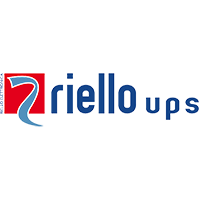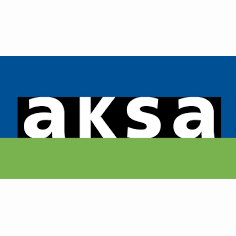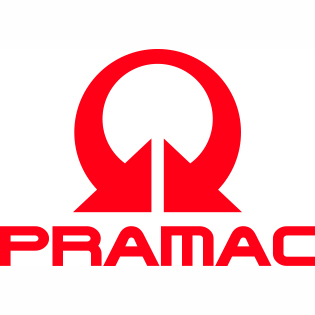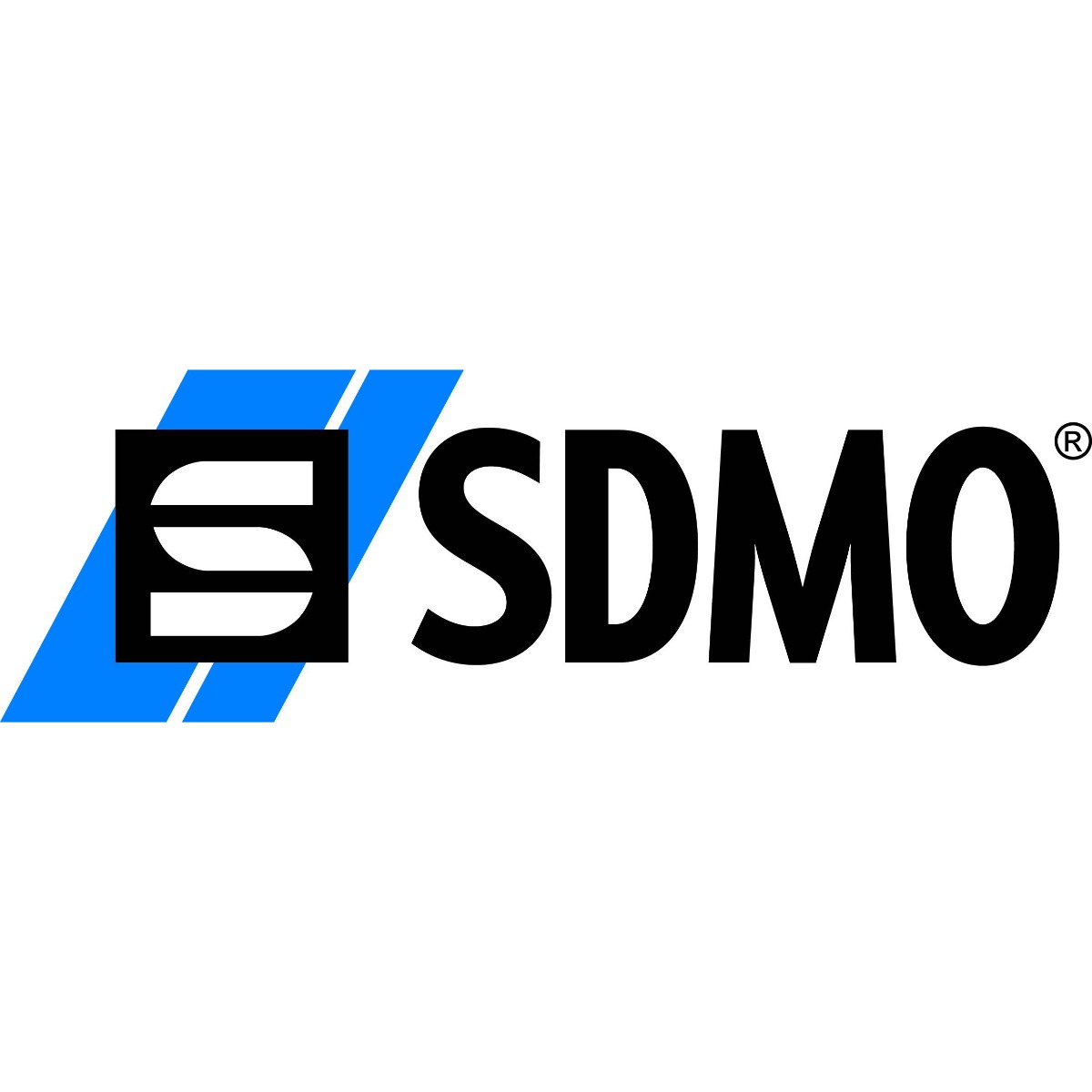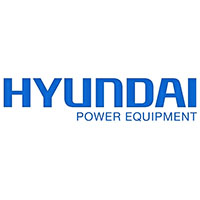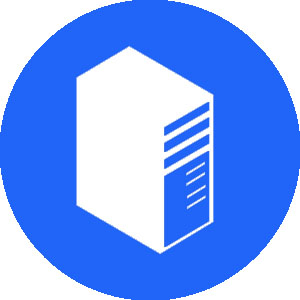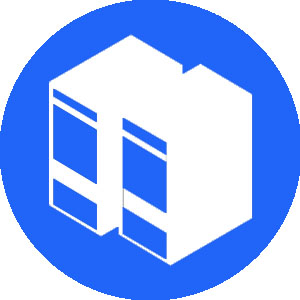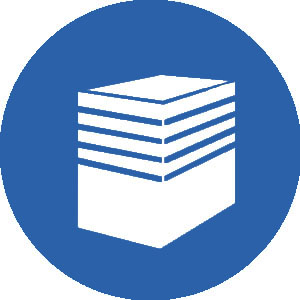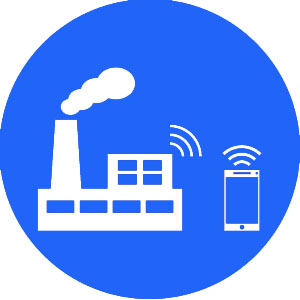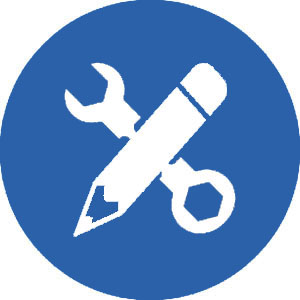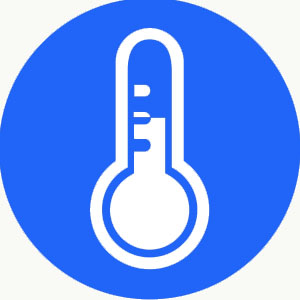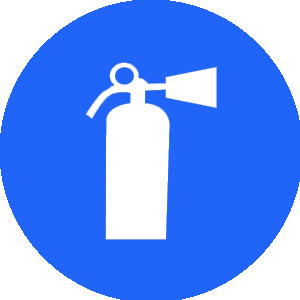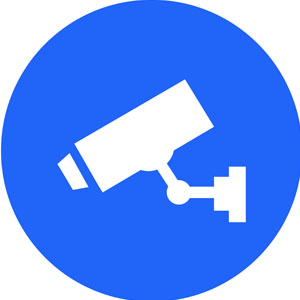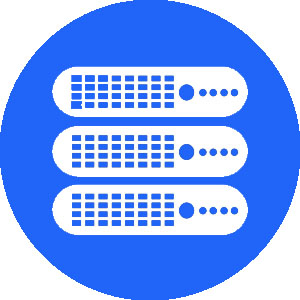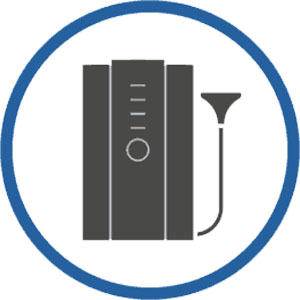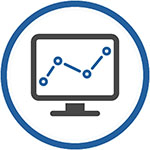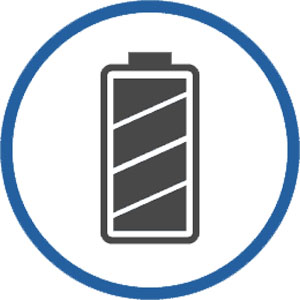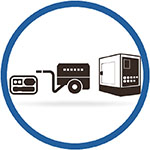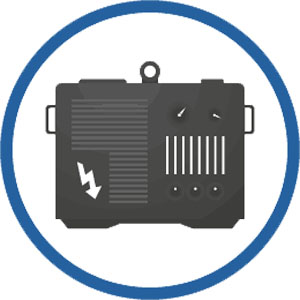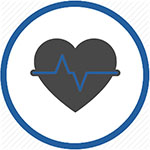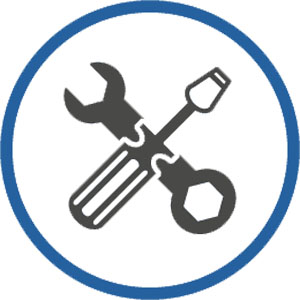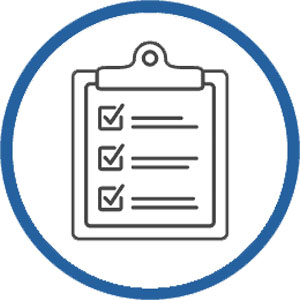How Care Homes Protect Their Residents Using Our Solution
Don't Let Your Residents Down Avoid The Dangers Of Power Outages
Power disruptions can have severe consequences in care homes, jeopardising the health and well-being of residents. Care homes safeguard their resident's health by adding a layer of power protection that is integrated into the current infrastructure. This safeguard protects all medical equipment and devices that are required to run 24/7. Ensuring this equipment is operational during a power disturbance and outage is critical and should there be no safeguard in place, there can be life-threatening consequences.
Understanding the perspective of residents
While residents are not be directly involved in the decision-making or implementation of power protection systems, their comfort, safety, and well-being are closely tied to the reliability of such systems. Residents knowing that there are backup power systems in place, may give your residents a sense of security. This knowledge can be reassuring, especially for your residents who are reliant on continuous medical support or other critical services and equipment. Residents will not directly be engaging with power protection units as medical equipment, but they trust care home management to ensure their well-being. Any communication or education about the installation and maintenance of power protection systems will instil confidence in the care provided.
Factors To Consider
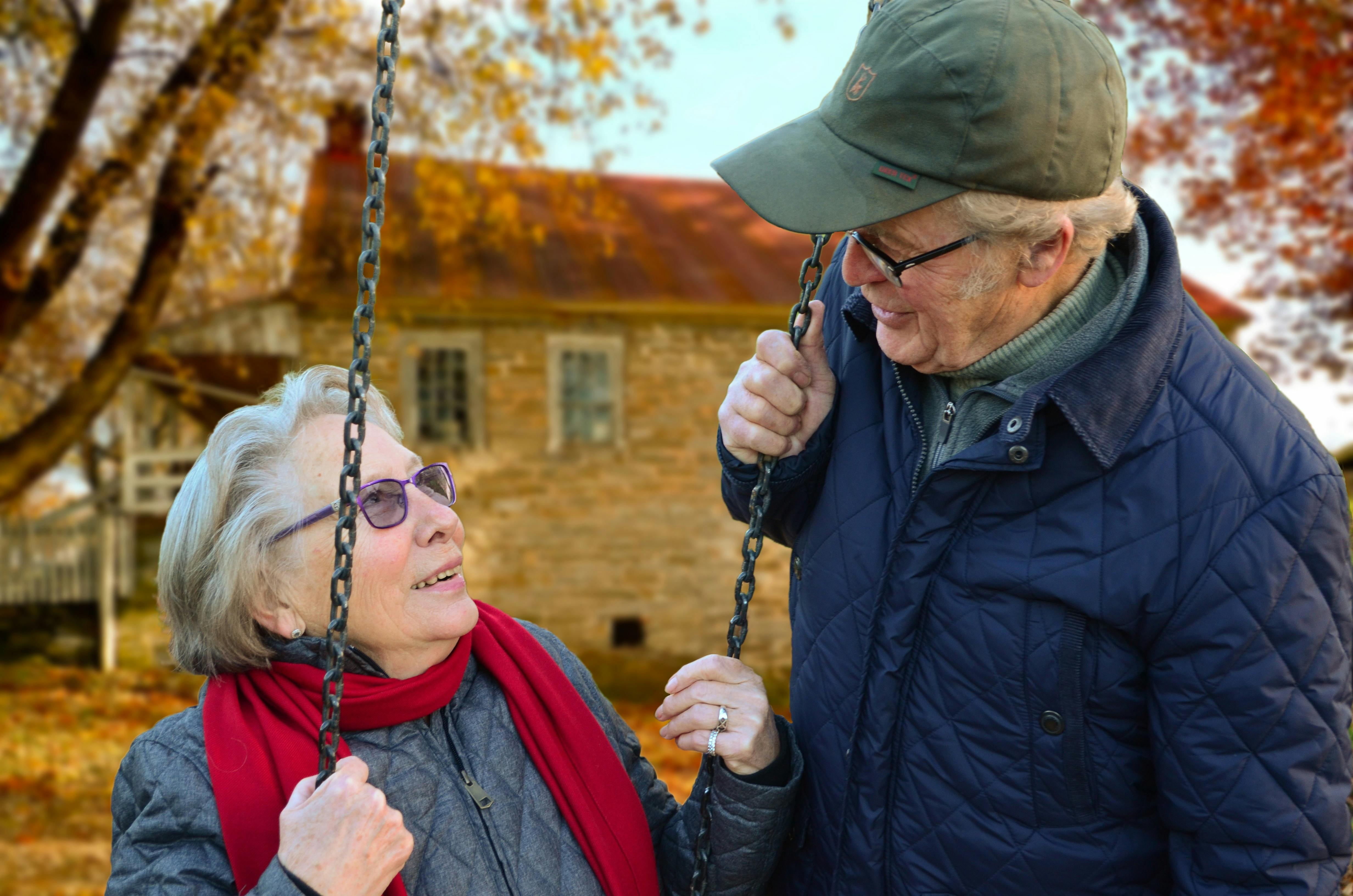
Climate Control
Residents may require a regulated climate for comfort and health reasons. UPS units support heating, ventilation, and air conditioning (HVAC) systems, preventing temperature fluctuations that could impact residents' well-being.
Compliance
Compliance in the context of UPS systems for care homes involves adhering to various standards, regulations, and guidelines to ensure the safety, reliability, and effectiveness of the power protection infrastructure.
Electrical Safety Standards:
UPS systems must comply with electrical safety standards to ensure that they operate safely and do not pose a risk to residents, staff, or the facility. Compliance with standards such as IEC 62040 ensures that UPS equipment undergoes rigorous testing for electrical safety and performance.
Medical Equipment Standards:
As care homes often use UPS systems to support medical equipment, adherence to standards like IEC 60601-1 is crucial. This standard specifies safety and essential performance requirements for medical electrical equipment. UPS systems supporting medical devices should be designed and tested to meet these standards, ensuring the reliability and safety of critical healthcare equipment.
Generators for Care Homes Power Continuity
In addition to UPS units, generators play a key role in ensuring business continuity and resident well-being. Care homes must comply with regulations requiring reliable backup power systems.
Compliance with Regulations:
Care homes are subject to regulations and standards that require them to have reliable backup power systems in place. Generators help care homes comply with these regulations, ensuring they meet the necessary safety and operational standards.
Business Continuity and Resident Well-being:
The use of generators contributes to business continuity by preventing interruptions in care services. Residents can continue to receive the necessary medical care, support, and services without disruptions caused by power outages. A backup generator provides backup power for as long as you require it to run, however, this is all dependent on the amount of fuel you have available.

